The solar energy sector has experienced exponential growth in recent years, with residential consumers increasingly adopting photovoltaic systems to reduce their energy bills and lessen their environmental impact.
However, despite this success, many integrators still end up wasting the market potential of this source and limiting themselves to selling or installing systems only on the roofs of residential consumers, leaving aside some important links in the chain.
Currently, for example, the number of companies in the industrial sector seeking to align their operating policies with actions aimed at the ESG (environmental, social and governance) agenda has never been as high as in 2023.
In Brazil, these companies have spared no effort in finding solutions that help them reduce their carbon emissions in order to contribute to the environment and ensure that they are remembered in the market as brands concerned with the future of the planet.
According to data from ANEEL (National Electric Energy Agency), the Brazilian industrial sector has already installed more than 1.68 GW in solar DG since the beginning of the expansion of the source in the country.
Of this amount, more than a quarter of the total (446 MW) were implemented between the months of January and September this year alone, a volume 43.8% greater than in comparison with the numbers recorded by the Agency in the same period of 2022, which accounted for 310MW.
The same also happens with companies and professionals in the agribusiness sector who have been looking to sustainability and renewable energy for solutions that help them save resources, opening up cash to purchase more machinery and other equipment.
To explore the reasons behind this reluctance and present valuable tips on how these companies can expand their business into new segments, the Solar Channel spoke with Neto Tosato, CEO of Projesol.
For the executive and one of the best-known professionals in the market when it comes to installing projects with the most different types of clients, one of the most significant challenges that companies face when considering expanding their business to other segments is low qualifications. technique of many engineering professionals.
“This lack of preparation can discourage companies from taking the first step in this promising market”, assesses the executive.
For him, unlike the residential market, where most solar energy projects are relatively standardized, commercial and industrial projects often require more complex and personalized solutions.
“This requires solid technical knowledge and the ability to design systems that meet the specific needs of each client,” he commented.
However, according to him, many engineering professionals who enter the solar energy industry do not receive adequate training to deal with the complexities of this market.
“They may be more familiar with residential systems, which can result in difficulties when tackling commercial and industrial projects that involve a variety of variables, from load capacity to integration with existing systems. There are integrators who are still unaware of terms such as contracted demand, TUSD, TE, peak hour, among others”, he stated.
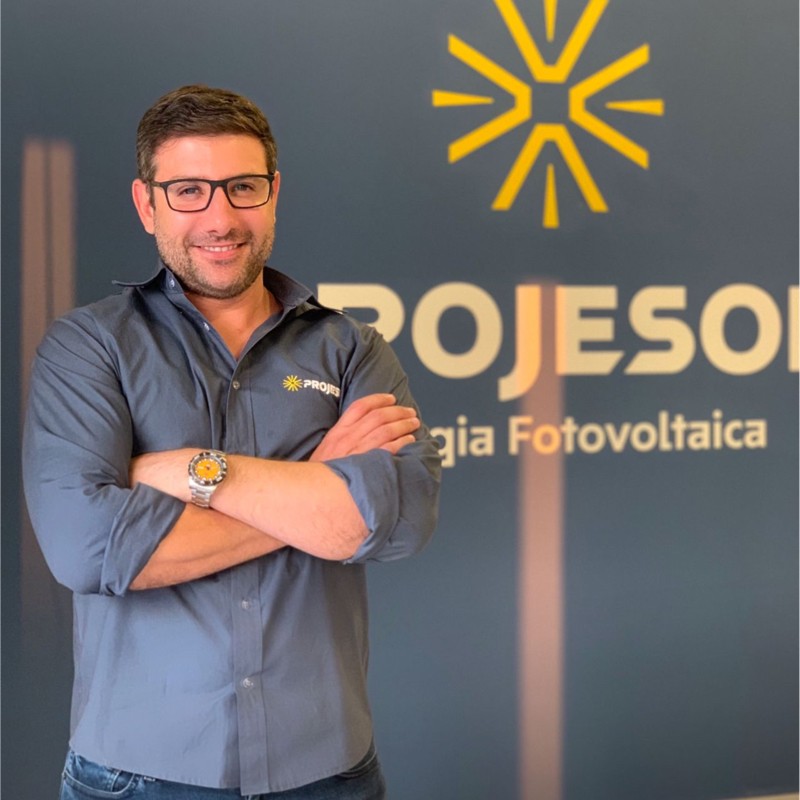
To overcome this challenge, he highlights that solar energy companies must invest in technical training for their teams.
“This may involve offering specialized training courses in commercial and industrial solar energy, as well as seeking partnerships with educational institutions and specialized consultants,” he commented.
Additionally, companies can recruit professionals with prior experience in the commercial and industrial sector, ensuring they have the necessary knowledge to handle projects of this type.
“The formation of multidisciplinary teams that include electrical, mechanical and civil engineers can also be beneficial to address the various facets of commercial and industrial solar energy projects,” says Tosato.
The CEO of Projesol also points out that the lack of technical preparation of engineering professionals is a real challenge for solar energy companies that want to expand into the commercial and industrial sector.
However, he guarantees that, through investments in technical training and the hiring of qualified professionals, these companies can overcome this obstacle and take advantage of the opportunities that this diverse market offers.
“With the right combination of knowledge and experience, solar energy can become an attractive and effective option for commercial and industrial companies looking to reduce their energy costs and environmental footprint,” comments Tosato.


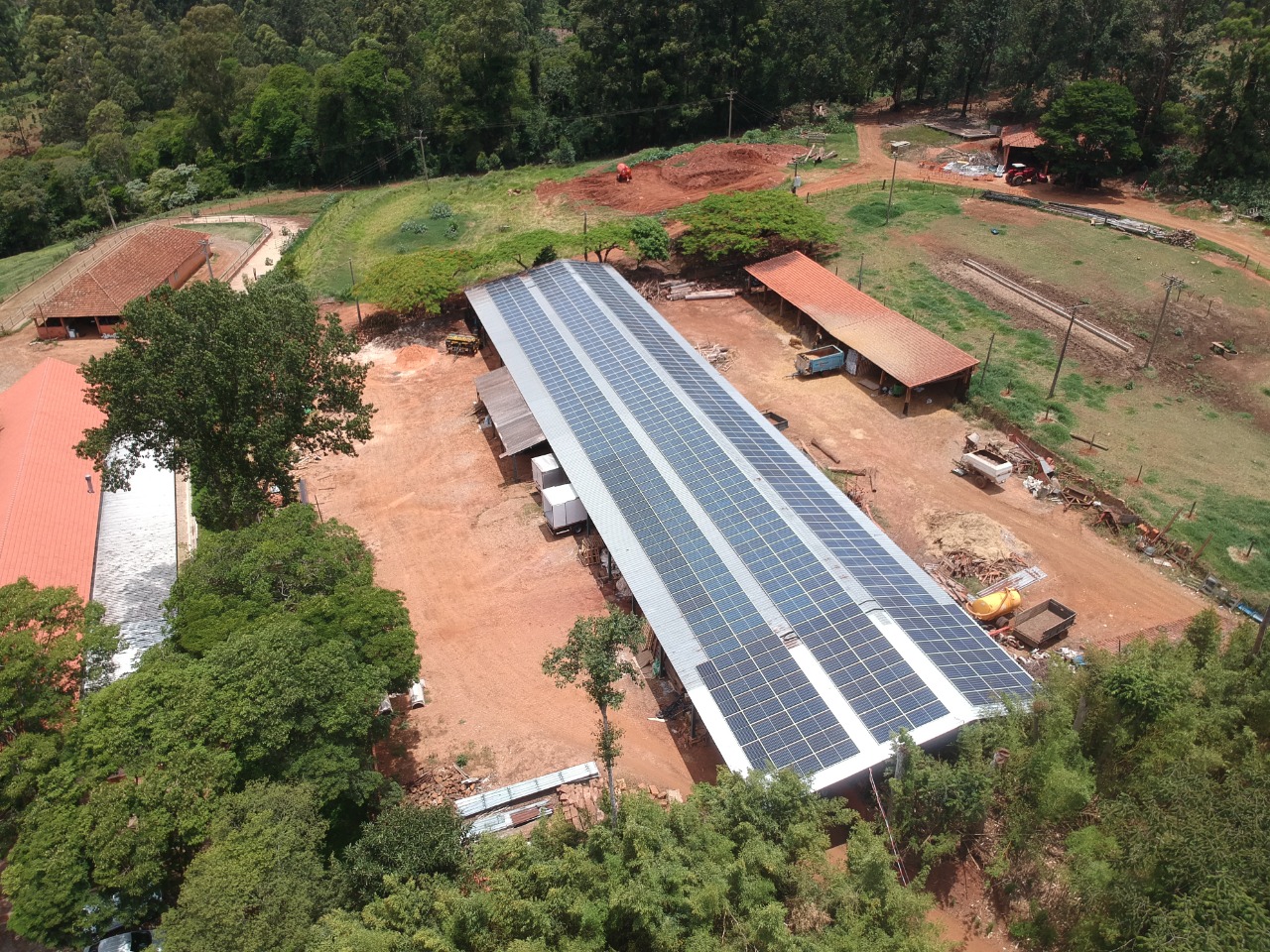
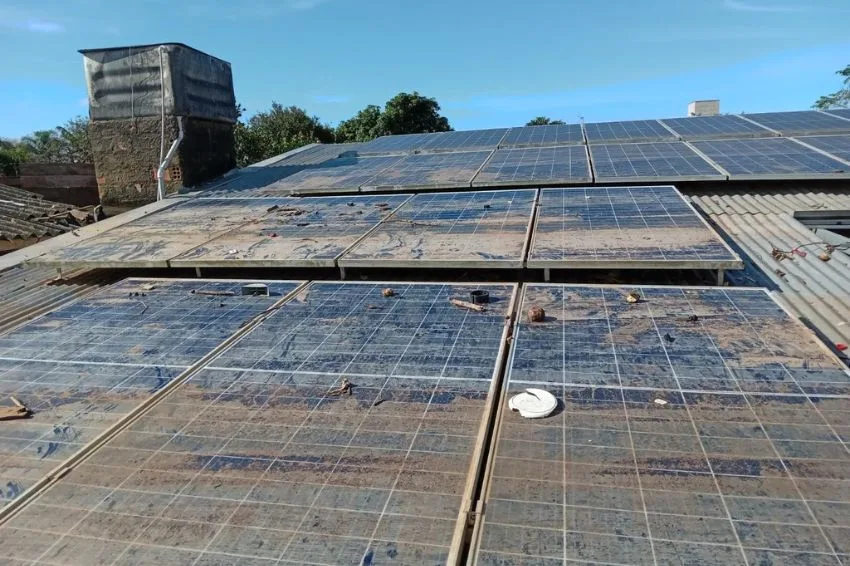
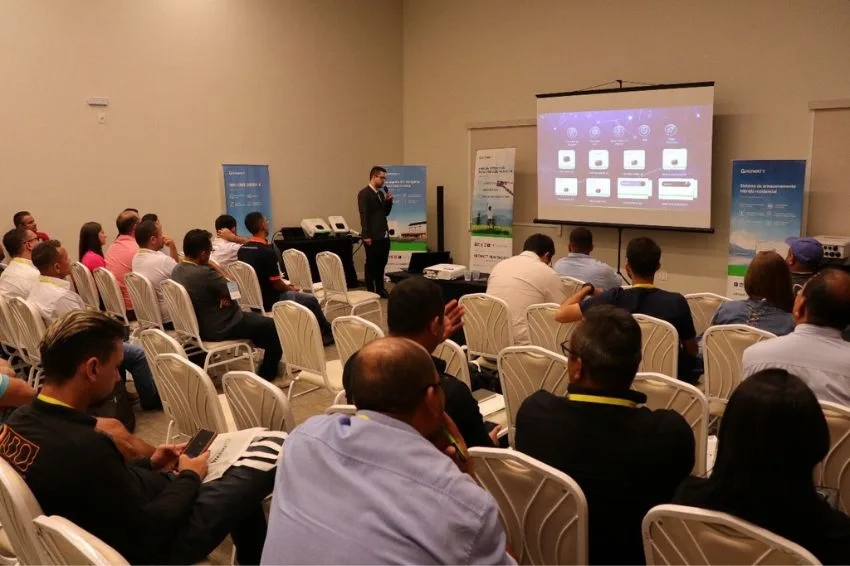

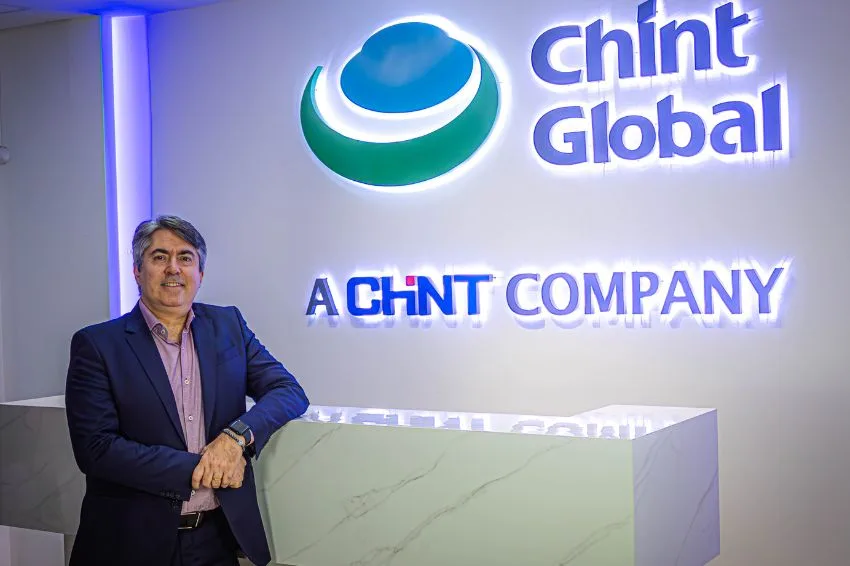

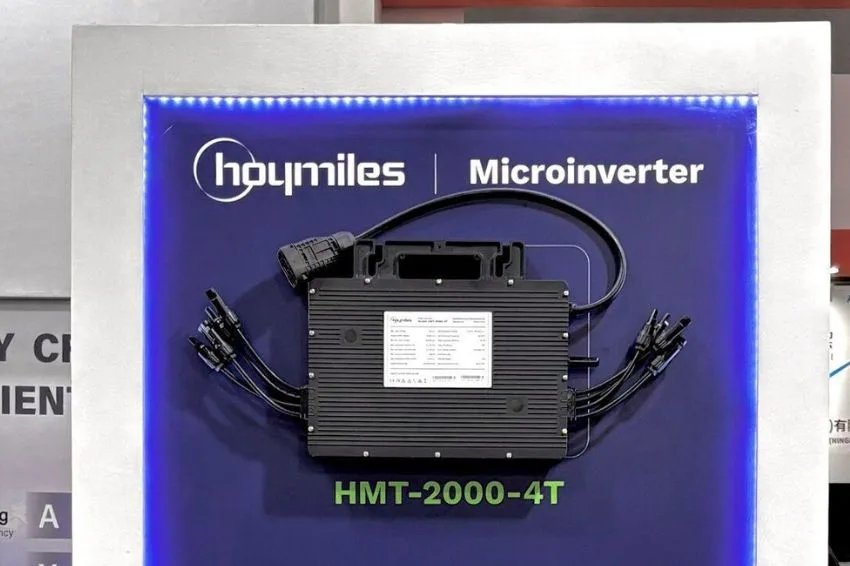







One Response
Reporting exclusively to contracting energy with the concessionaire, there are companies that establish the values, above all, of demand which entails extremely high costs due to exceeding demand, such as the peak which is around 4 times the off-peak, or choose a tariff option that does not match your consumption profile and demand. We all know that there are four types of tariff: The blue one is most suitable when you cannot modulate your consumption at the end; the green one, on the contrary, is able to modulate it, the conventional one when it only has consumption outside the tip and the white one whose profile is predominantly outside the tip. This only serves as a preliminary indicator of the best tariff option. There is software that helps you make the best choice. See, mainly, large consumers are burning a “black note”. Engineer; teacher; master in electrical energy sciences/power system-COPPE/UFRJ; designer in energy efficiency, photovoltaic energy; electric vehicle charging station. Passionate about alternative and renewable energy sources, not just for the future but for the present. What and cell phone: (21) 997716277